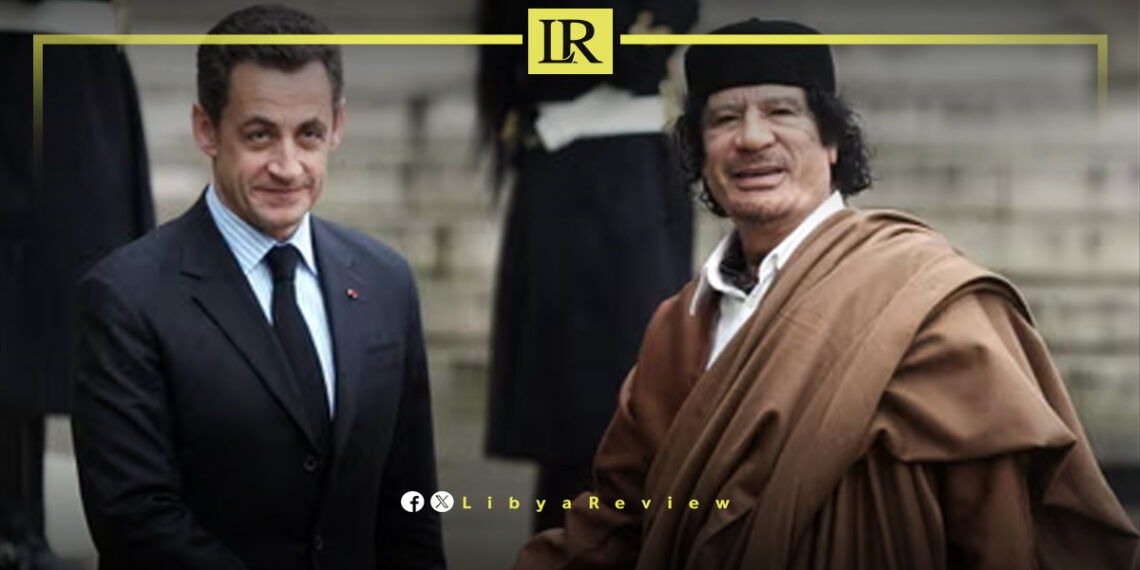Libya has officially demanded €10 million in compensation from the defendants in the high-profile corruption trial involving former French President Nicolas Sarkozy, who is accused of accepting illegal campaign funding from the late Libyan leader Muammar Gaddafi.
The claim was made by lawyers representing the Libyan state during court proceedings currently taking place in Paris.
The trial, which began in early January 2025, centers on allegations that Sarkozy and his inner circle secretly accepted millions of euros from Gaddafi to finance his successful 2007 presidential campaign.
The accusations involve a network of intermediaries, shadowy financial deals, and a suspected “corruption pact” struck in late 2005 between Sarkozy and Gaddafi’s regime, facilitated by Sarkozy’s close associates Brice Hortefeux and Claude Guéant.
Lawyer Marion Serran, speaking on behalf of Libya, told the court that the damage from the alleged funding goes beyond financial harm.
She argued that such a violation strikes at the core of democratic integrity and poses a unique danger, especially in a country like Libya that is still undergoing post-conflict reconstruction. The €10 million figure, she stressed, reflects only part of the broader damage done.
The prosecution has described the alleged arrangement as unprecedented, unethical, and unimaginable. Sarkozy, who was present in court but did not address the media, continues to deny all accusations. He maintains that he never received any illicit funds from Libya or any other foreign source.
The French National Financial Prosecutor’s Office is seeking convictions for corruption and criminal conspiracy against Sarkozy and several co-defendants, including three former French ministers. Prosecutor Philippe Gigli clarified that the trial is not politically motivated but focuses on individuals who willingly engaged in illegal dealings with questionable intermediaries.
Sarkozy could face up to ten years in prison, a fine of €375,000, and a ban from public office for five years if convicted. His defense is scheduled to present arguments beginning March 31.
Since February 7, Sarkozy has been under electronic surveillance after a separate corruption conviction involving influence-peddling and wiretapping. The current case, however, poses a deeper threat to his political legacy and international credibility.
Libya’s direct demand for financial compensation introduces a new layer to the already complex case, underscoring the lasting geopolitical and legal fallout of the alleged Franco-Libyan connection.


